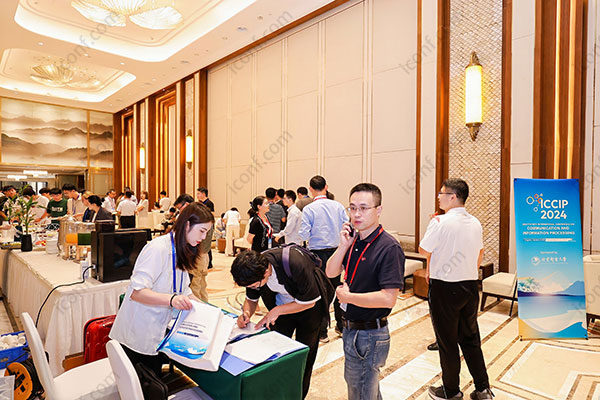

516 views||Release time: Jun 27, 2025
With thousands of academic conferences held worldwide each year, researchers often face a common question:
How do I find the right conference to attend or submit to?
The answer lies in a powerful tool: the conference directory.
This article explores what a conference directory is, how to use it effectively, and how iconf.com offers a reliable, curated experience for researchers seeking high-quality, indexed conferences.

A conference directory is an organized listing or database of academic conferences. It allows users to search, filter, and compare upcoming events based on key criteria like:
Subject area or research field
Conference title and theme
Indexing type (EI, Scopus, SCI, CPCI)
Location and format (online/offline/hybrid)
Submission deadlines and event dates
Organizing institutions or publishers
A good directory saves time, improves accuracy, and helps you avoid predatory or low-quality conferences.
| Feature | Why It Matters |
|---|---|
| Verified Listings | Ensures all conferences are legitimate and indexed as claimed |
| Filtering Options | Lets users narrow by date, region, topic, or indexing |
| Submission Deadline Tracking | Helps researchers avoid missing key dates |
| Publisher and Index Info | Clarifies where papers will be published and indexed |
| Regular Updates | Keeps data current and actionable |
iconf.com, for example, offers all of the above—making it a trusted source for academic event planning.
Search by Field or Keyword
Whether you're in AI, civil engineering, or education, start with your core discipline.
Filter by Indexing or Region
Choose only EI-indexed, SCI-indexed, or Scopus events, and narrow by preferred countries.
Review Conference Details
Read the full description, check submission deadlines, and review the topics of interest.
Plan Submissions Early
Use the timeline provided to start your paper, submit on time, and prepare for registration.
Bookmark or Track Conferences
Good platforms allow you to save events, receive reminders, or export deadlines.
iconf.com stands out as a practical, researcher-friendly conference directory with:
A clean, multilingual interface for global users
Strict quality control to list only well-organized, peer-reviewed conferences
Clear indexing labels (EI, SCI, Scopus, CPCI)
Early access to Call for Papers and template downloads
No hidden or fake conferences—only academic-focused listings
Whether you're a student preparing your first submission or a professor managing a research team, iconf.com simplifies your academic planning.
Graduate students preparing for graduation requirements
Professors and postdocs planning publications or collaborations
Librarians and research officers advising on publishing strategy
Institutional administrators tracking academic productivity
A conference directory is an essential resource for academic researchers. It saves time, avoids misinformation, and increases the chances of successful paper submissions and professional growth.
With platforms like iconf.com, you gain access to verified, high-quality academic events tailored to your research field—helping you navigate the global conference landscape with clarity and confidence.